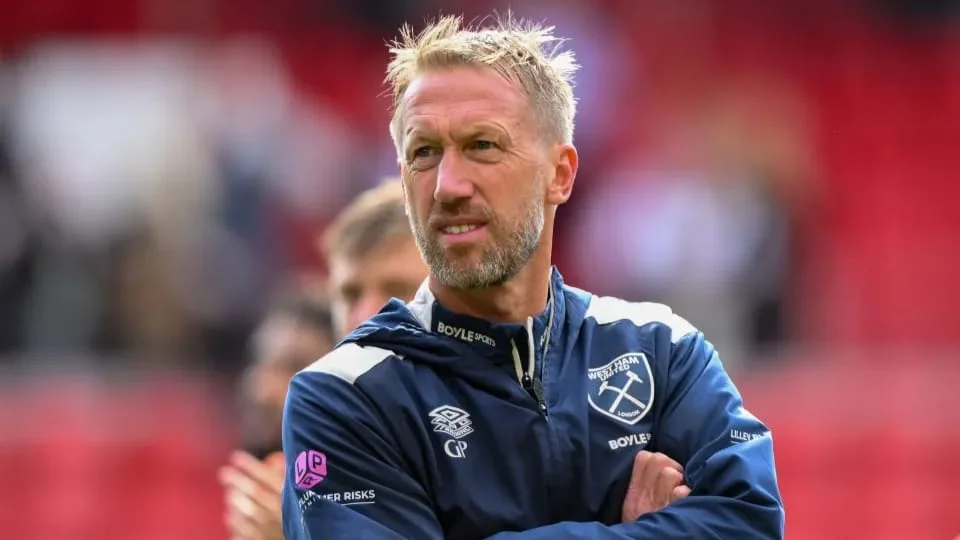The Graham Potter era at the helm of the Sweden national football team has officially begun. On 20 October 2025, the Swedish Football Association (SvFF) announced that the 50-year-old Englishman will assume the role of head coach, succeeding Jon Dahl Tomasson, who was relieved of his duties after a troubled start to the 2026 World Cup qualifying campaign.
Potter’s contract is initially short-term, covering Sweden’s upcoming November fixtures – away at Switzerland and home to Slovenia – with automatic extension provisions should Sweden qualify for the World Cup. The decision comes amid a period of acute pressure for Sweden, who occupy the bottom of their qualifying group with just one point from four matches.
“I’m open to anything, really, where I feel I can help,” Potter said recently to Swedish media. “The job as head coach of the Swedish national team is fantastic. I have feelings for Sweden. I love the country and I love Swedish football. I have a lot to be grateful for towards Swedish football.”
His arrival raises hopes that the national side’s fortunes can be turned around. SvFF football director Kim Källström described the appointment as “very competent”, highlighting Potter’s tactical acumen and capacity to draw out player strengths. SvFF chairman Simon Åström reiterated the core goal: “The target remains clear – qualification for the World Cup.”
Potter’s journey into this role is rooted deeply in Swedish football. He first rose to prominence during a seven-year stint at Östersunds FK (2011-18) where, operating in the remote northern town of Östersund, he guided the club from the fourth tier of Swedish football into the top flight, won the Svenska Cupen in 2017, and earned Europa League group-stage football.

From there, his career took him to England where he managed Swansea City, Brighton & Hove Albion – where he achieved the club’s highest Premier League finish – and Chelsea F.C., before most recently taking the reins at West Ham United.
However, his recent managerial record – especially at Chelsea and West Ham – has been fraught with challenges. He departed West Ham in September 2025 after just eight months amid a disappointing start to the season.
The Swedish Football Association’s choice of Potter thus represents a calculated gamble: entrusting Sweden’s immediate goal – securing a spot at the 2026 World Cup – to a coach who has intimate knowledge of Swedish football culture and experience at the top level, but who is seeking to rebuild his reputation.
Potter inherits a Sweden squad with clear talent but underperforming form. Front-line players such as Alexander Isak and Viktor Gyökeres carry high hopes, yet the national team has found the net only twice in its opening qualifying games.
The brief window of opportunity underscores the pressure upon Potter: November fixtures must yield points, and if not achieved, the path to the World Cup will depend on playoff success, a less certain route.
In accepting the post, Potter emphasised both humility and motivation. At the official announcement he stated that he was “inspired” by the task ahead and keen to realise the supporters’ dream of a “championship-summer.” His longer-term vision aims beyond short-term fixes: the hope is to restore a sense of identity, coherence and confidence to the Sweden side, both defensively and going forward.

